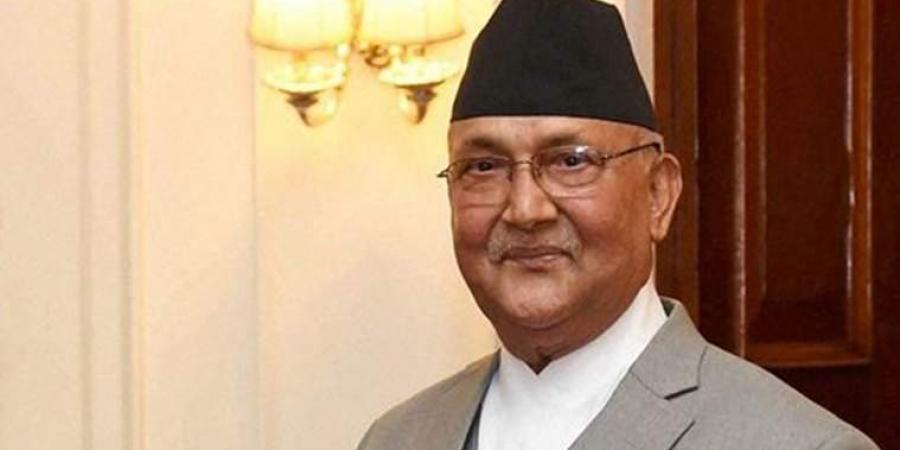In a blow to Nepal PM Oli, Supreme Court reinstates dissolved House of Representatives
Nepal's Supreme Court on Tuesday reinstated the dissolved House of Representatives, in a major setback to embattled Prime Minister K P Sharma Oli who was preparing for snap polls amidst a tussle for power with his rivals in the ruling communist party.

Nepal's Supreme Court on Tuesday reinstated the dissolved House of Representatives, in a major setback to embattled Prime Minister K P Sharma Oli who was preparing for snap polls amidst a tussle for power with his rivals in the ruling communist party. In a landmark ruling, a five-member constitutional bench led by Chief Justice Cholendra Shumsher annulled the Oli government's "unconstitutional" decision to dissolve the 275-member lower house of Parliament.
The court also ordered the government to summon the House session within the next 13 days.
Nepal plunged into a political crisis on December 20 after President Bidya Dev Bhandari dissolved the House and announced fresh elections on April 30 and May 10 at the recommendation of Prime Minister Oli, amidst a tussle for power within the ruling Nepal Communist Party (NCP).
In his letter recommending President Bhandari that the House be dissolved, Oli had argued that he controlled 64 per cent of majority in the House, that there was no possibility of forming a new government and that the country needed a fresh mandate of the people to ensure stability.
Oli's move to dissolve the House sparked protests from a large section of the NCP led by his rival Pushpa Kamal Dahal 'Prachanda', also a co-chair of the ruling party.
As many as 13 writ petitions including the one by the ruling party's Chief Whip Dev Prasad Gurung were filed in the apex court seeking the restoration of the lower house parliament.
The Constitutional bench comprising Bishwombhar Prasad Shrestha, Anil Kumar Sinha, Sapana Malla and Tej Bahadur KC conducted a hearing on the case from January 17 to February 19.
Oli, 69, repeatedly defended his move to dissolve the House, saying some leaders of his party were attempting to form a "parallel government".
He said that he took the decision as he enjoyed the inherent power as the leader of a majoritarian government.
Last month, Prachanda-led faction of the NCP expelled Prime Minister Oli from the general membership of the Nepal Communist Party for alleged anti-party activities.
Earlier in December, the splinter group Oli, one of the two chairmen of the ruling party, as the co-chair. Former prime minister Madhav Kumar Nepal was named as the party's second chairman. Prachanda is the first chairman of the party.
The Prachanda-led faction of the NCP and main opposition Nepali Congress had been opposing the dissolution of the House, saying it was unconstitutional and anti-democratic. The Prachanda-led faction had been holding protest rallies and public gatherings in various parts of the country.
Oli-led CPN-UML and Prachanda-led NCP (Maoist Centre) merged in May 2018 to form a unified Nepal Communist Party following victory of their alliance in the 2017 general elections.
After a vertical split in the ruling party following the dissolution of the House, both the factions, one led by Oli and another led by Prachanda, submitted separate applications at the Election Commission claiming that their faction is the genuine party and asked to provide them the election symbol of the party.
Meanwhile, the chairmen duo of the rival faction of the NCP, Prachanda, and Nepal celebrated their legal victory over Oli.
Prachanda and Nepal have reached Chitwan — the hometown of Prachanda — to address a mass gathering organised by their faction of the NCP on Wednesday.
ALSO READ | Boundary issue with India will be resolved through diplomatic talks: Nepal PM Oli